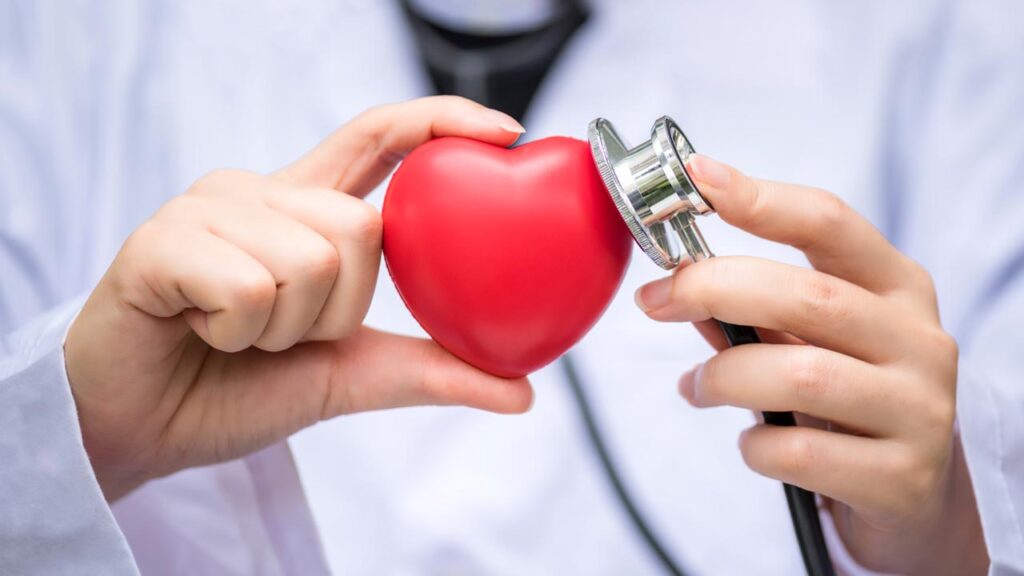Can a Cardiologist do Heart Surgery?
Not all cardiologists perform surgery, but some are trained and qualified to do so. Cardiothoracic surgeons specialize in surgical treatment of the heart and chest, while interventional cardiologists specialize in minimally invasive procedures, such as angioplasty, to treat heart conditions. Some cardiologists may be trained in both medical management and surgical treatment of cardiovascular diseases. The specific responsibilities and capabilities of a cardiologist can depend on their area of specialization and training.
Who is a Cardiologist? What does a cardiologist do?
A cardiologist is a medical doctor who specializes in diagnosing and treating diseases and conditions of the heart and blood vessels (cardiovascular system). Their main responsibilities include:
• Diagnosing cardiovascular diseases: Using various tests such as electrocardiograms (ECGs), echocardiograms, and stress tests to diagnose conditions such as heart disease, arrhythmias, and heart valve problems.
• Providing medical treatment: Prescribing medications, making lifestyle recommendations, and developing a treatment plan for patients with cardiovascular conditions.
• Performing non-surgical procedures: Some cardiologists are trained in minimally invasive procedures such as angioplasty, which involves opening up blocked blood vessels, and catheter ablation, which is used to treat certain types of arrhythmias.
• Collaborating with a team of healthcare professionals: Cardiologists often work with other healthcare providers, such as primary care physicians and nurses, to provide comprehensive care to their patients.
The specific responsibilities and capabilities of a cardiologist can depend on their area of specialization and training.
Who is a cardiothoracic surgeon? When to consult a cardiothoracic surgeon?
A cardiothoracic surgeon is a medical doctor who specializes in the surgical treatment of conditions affecting the heart, lungs, and blood vessels in the chest. Cardiothoracic surgeons perform a range of procedures, including:
• Coronary artery bypass surgery: to bypass blocked arteries and restore blood flow to the heart
• Valve repair or replacement: to repair or replace damaged heart valves
• Heart transplantation: to replace a damaged heart with a healthy donor heart
• Thoracic surgery: to treat conditions of the lungs and chest, such as lung cancer and emphysema.
Patients should consult a cardiothoracic surgeon if they have been diagnosed with a serious heart or chest condition that requires surgical intervention. They may also be referred to a cardiothoracic surgeon by their primary care physician or cardiologist. It is important for patients to choose a cardiothoracic surgeon who has extensive experience and expertise in the specific procedure they need.
Cardiologists vs Cardiothoracic Surgeons
Cardiologists and cardiothoracic surgeons are both medical doctors who specialize in diagnosing and treating conditions affecting the heart and blood vessels, but they have different areas of expertise and responsibilities.
Cardiologists are specialists in diagnosing and treating heart and blood vessel conditions through medical management and non-surgical procedures, such as prescribing medications, recommending lifestyle changes, and performing minimally invasive procedures such as angioplasty.
Cardiothoracic surgeons, on the other hand, specialize in the surgical treatment of heart and chest conditions. They perform complex procedures such as coronary artery bypass surgery, heart valve repair or replacement, heart transplantation, and thoracic surgery.
Both cardiologists and cardiothoracic surgeons play important roles in the care of patients with cardiovascular diseases, and they often work together as part of a team to provide comprehensive and coordinated care. The specific doctor a patient sees will depend on their individual needs and the type of treatment they require.
FAQ’s Related to Cardiologists
- What is a cardiologist?
A cardiologist is a medical doctor who specializes in diagnosing and treating conditions related to the heart and blood vessels. - What does a cardiologist do?
A cardiologist performs a variety of diagnostic tests and procedures, including ECGs, echocardiograms, and angiograms, to diagnose heart problems and develop a treatment plan. - What kind of conditions do cardiologists treat?
Cardiologists treat conditions such as heart disease, heart attacks, heart failure, arrhythmias, and hypertension. - When should I see a cardiologist?
You should see a cardiologist if you have symptoms such as chest pain, shortness of breath, irregular heartbeat, or a family history of heart disease. - Can a cardiologist do heart surgery?
Not all cardiologists perform heart surgery, but many work in collaboration with cardiovascular surgeons to provide comprehensive care for their patients. - How can I find a good cardiologist?
You can ask your primary care physician for a referral, or search for cardiologists in your area on websites such as Healthgrades or American College of Cardiology. It is also recommended to check the doctor’s credentials, training, and experience before making an appointment.

